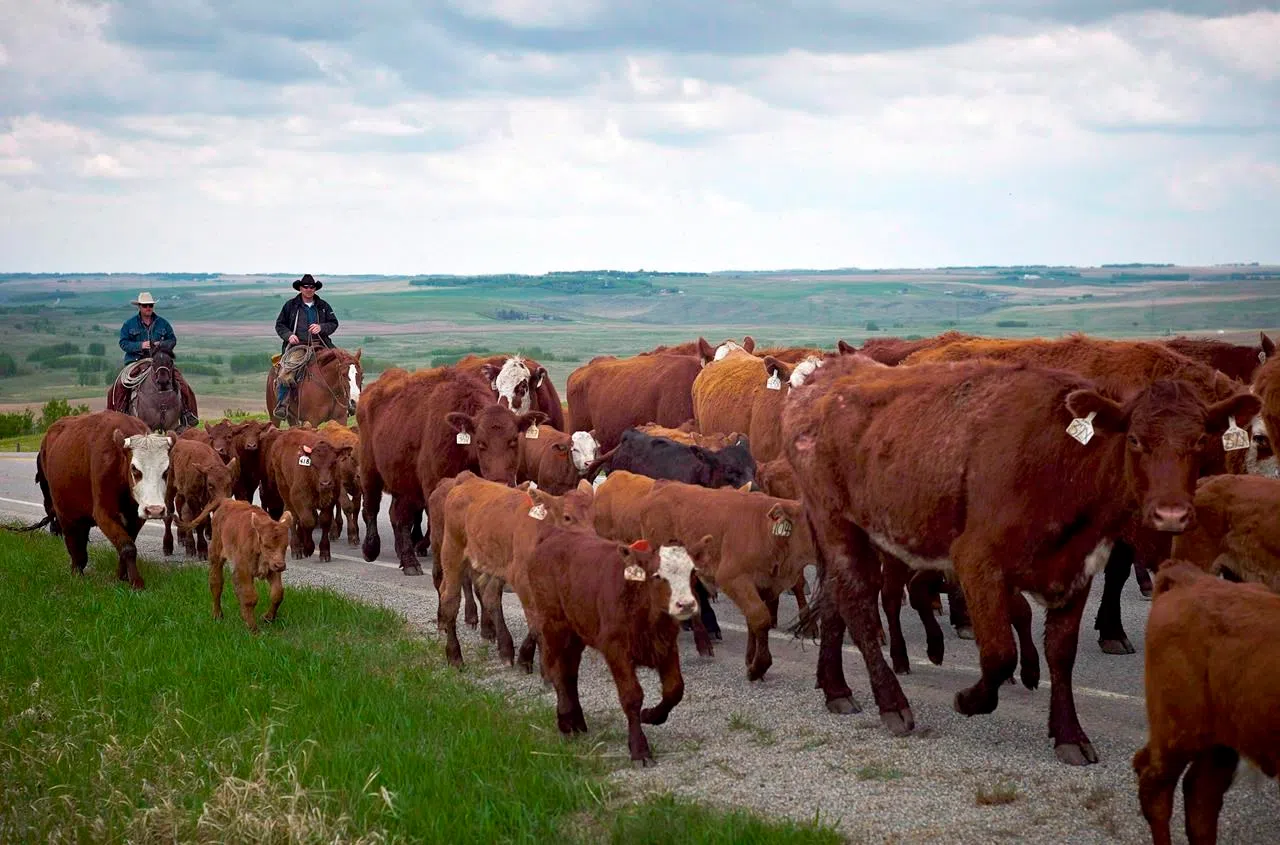
Canada earns top marks for veterinary standards, still room for improvement
OTTAWA — A new report card on animal health says Canada should beef up its quarantine measures and make sure there is no politicking in the food safety system.
The World Organization for Animal Health has just published its assessment of Canada’s veterinary standards, focusing on farm animal welfare and disease control. Canada scored top marks overall, meeting the highest level of standard in 35 areas out of 45.
But the report card says there’s some room for improvement if Canada wants to make its system air tight and criticism-proof.
The organization says Canada currently has no policy for “disease-free zoning” or compartmentalizing of land animals, as defined by the body, and that in a country as big as Canada with high value exports, there’s a trade risk posed by the possibility of foreign animal disease.
